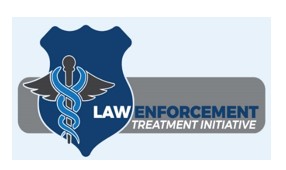
When Pennsylvania Attorney General Josh Shapiro learned that approximately 15 citizens of the Commonwealth of Pennsylvania die each day from an overdose, he took action. As a result, in May of 2018, he launched the Law Enforcement Treatment Initiative (LETI) to connect individuals suffering with a substance use disorder (SUD) to treatment resources. Attorney General Shapiro believes that using treatment as a weapon to fight opioid addiction is vital. Part of that solution is increasing the availability of treatment because an SUD, he said, is not a crime.
Similar to the Angel Program started in Gloucester, Massachusetts, LETI allows individuals suffering from an SUD to go to local law enforcement (including probation and parole officers) and ask for a referral for, or be connected to, a treatment provider, without the threat of arrest. The program redefines the relationship between law enforcement and people with an SUD. Specifically, LETI: (1) opens station doors to those with SUD; (2) identifies and partners with treatment providers in their area; (3) ensures that the person with an SUD has transportation to the treatment facility to which they are referred; and (4) maintains relationships with local treatment providers so that officers know where there is availability and collects data to study whether their program is effective.
Several Pennsylvania counties across eight regions participate in LETI, and the national Police, Treatment, and Community Collaborative (PTACC),[1] signed on to be a partner to get the word out about LETI, deflection to treatment, and reducing the stigma around SUDs.
Agent Janene Holter, PhD oversees the program on a full-time basis and conducts trainings, drafts policies for participating counties, and brings community stakeholders together to further the conversation about deflection.
For more information, logon to https://www.attorneygeneral.gov/leti/ or contact Dr. Holter at treatment@attorneygeneral.gov or 570-826-2483.
[1] PTACC is comprised of almost 100 national organizations (e.g., LAPPA, the International Association of Chiefs of Police, and the Behavioral Health Foundation) whose goal is to strategically enhance the behavioral health and social service options in communities when people initially come in contact with first responders. PTACC provides national vision, leadership, advocacy, and education to facilitate the development and growth of the entire field of deflection across the United States




